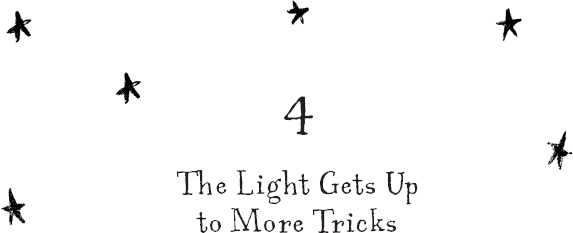

There was a time when, if he suddenly thought of Sorrel Groober, Ruben saw her as he once painted her for an art project – “Girl Out of Water”. The four of them had gone kayaking on the lake one afternoon and were just about to head in when a dog fell out of a passing boat. Sorrel saw it before anyone else, and jumped in to rescue it. Ruben took a photo when they got back on shore, Sorrel sopping and laughing, still holding the terrier in her arms. Usually Sorrel never forgot she was a model and always looked ready to have her picture taken; never so much as a single hair out of place. But after she jumped in the lake her hair was a mess, her make-up was ruined and her clothes looked like she’d worn them before quite a lot. She looked fantastic. It was the best photo he’d ever seen of her, which is why he turned it into a painting. He gave Sorrel “Girl Out of Water” for her birthday. She was really excited about turning eighteen, being an adult. “Now you’re so old,” Ruben joked, “you can start collecting art.” It wasn’t among the scores of pictures of her that had been placed all around the Groobers’ living room the day of the funeral. Maybe her mother threw it out. When they dropped Sorrel back home the day she jumped in the lake, her mother had a fit when she saw her. You’d think she’d come back covered in tattoos and piercings, not just wet and dishevelled, the way Meryl Groober had carried on. Or maybe the painting was in Sorrel’s room. Either way, Ruben wasn’t about to investigate further. Mr and Mrs Groober were in the middle of the crush of guests, shoulder to shoulder and looking, with their grim faces, as if they’d stepped out of Grant Wood’s painting “American Gothic” – or were about to step into it.
That, however, was then, and this is now. Now when he suddenly thinks of Sorrel what Ruben sees is the flickering light by the office door in the laundrette, and the broken clock on the wall beside it that always says it’s seven twenty-eight. The washing machine at home can no longer be repaired, but Ruben’s mother refuses to replace it. “That’s just one less thing to worry about,” she said – smiling as if having a washing machine is something that causes everyone sleepless nights. And so, on the day Celeste called him to tell him Sorrel was dead, Ruben was sitting in the launderette, reading a book about Vincent Van Gogh that he found in a garage sale. Celeste was sorry for bothering him, and wanted to know where he was, if he was busy. When he told her, she asked him to stop by on his way home. She wasn’t crying and she didn’t sound upset, but he could tell immediately that something was wrong. Only he had to go straight home when the laundry was done; his mother would be anxious if he was late. Celeste said she figured she should tell him herself, because his mom doesn’t answer the phone when she’s working so no one would have given her the news. And Ruben said, “Tell me what?” He stared straight ahead while she told him, straight ahead at the flickering light and the broken clock.
Which is exactly what Ruben is staring at now, sitting in the same chair in the same launderette. If he were still painting, which he isn’t, he would do a portrait of that flickering light and that broken clock: “The Day that Time Stood Still”. Because that’s what it feels like this afternoon, that he is in the same day – same moment – when he got the call from Celeste. Except, of course, that today he isn’t reading about Vincent Van Gogh but thinking of Sorrel Groober. How well he knew her – he and Orlando had been friends with her and Celeste since their freshman year, hanging out at school, hanging out after school, a little gang of four. How little he knew her – he knows her favourite colour, her favourite food and her favourite band, but he doesn’t know what she was afraid of, what stopped her from sleeping, if she believed in God.
Ruben looks up to see that his wash is done. He gets to his feet, goes over to the machine by the window, and opens the door. What was Sorrel thinking as she stepped into the road that night? he wonders as he starts throwing the wet wash into his basket. Was there half a nanosecond when she saw the car coming? Was she frightened? Did she scream? Or did she never know what hit her? He straightens up, glancing to his left as something catches his eye.
A face is gazing through the window at him. She isn’t wearing make-up and her hair is in two plaits, so that she looks about twelve, but it’s Sorrel’s face. Sorrel’s face, with that break-your-heart smile. So close that if there weren’t a sheet of glass between them he could reach out and touch her. The basket of clothes drops from Ruben’s hands. When he’s retrieved it and looks out of the window again there is no one there.
Of course there isn’t, thinks Ruben. It was the light throwing images. It was probably his own reflection that he saw. After all, a vivid imagination runs in Ruben’s family. That and insanity.
It doesn’t occur to him that the dead know how to use light to their advantage.